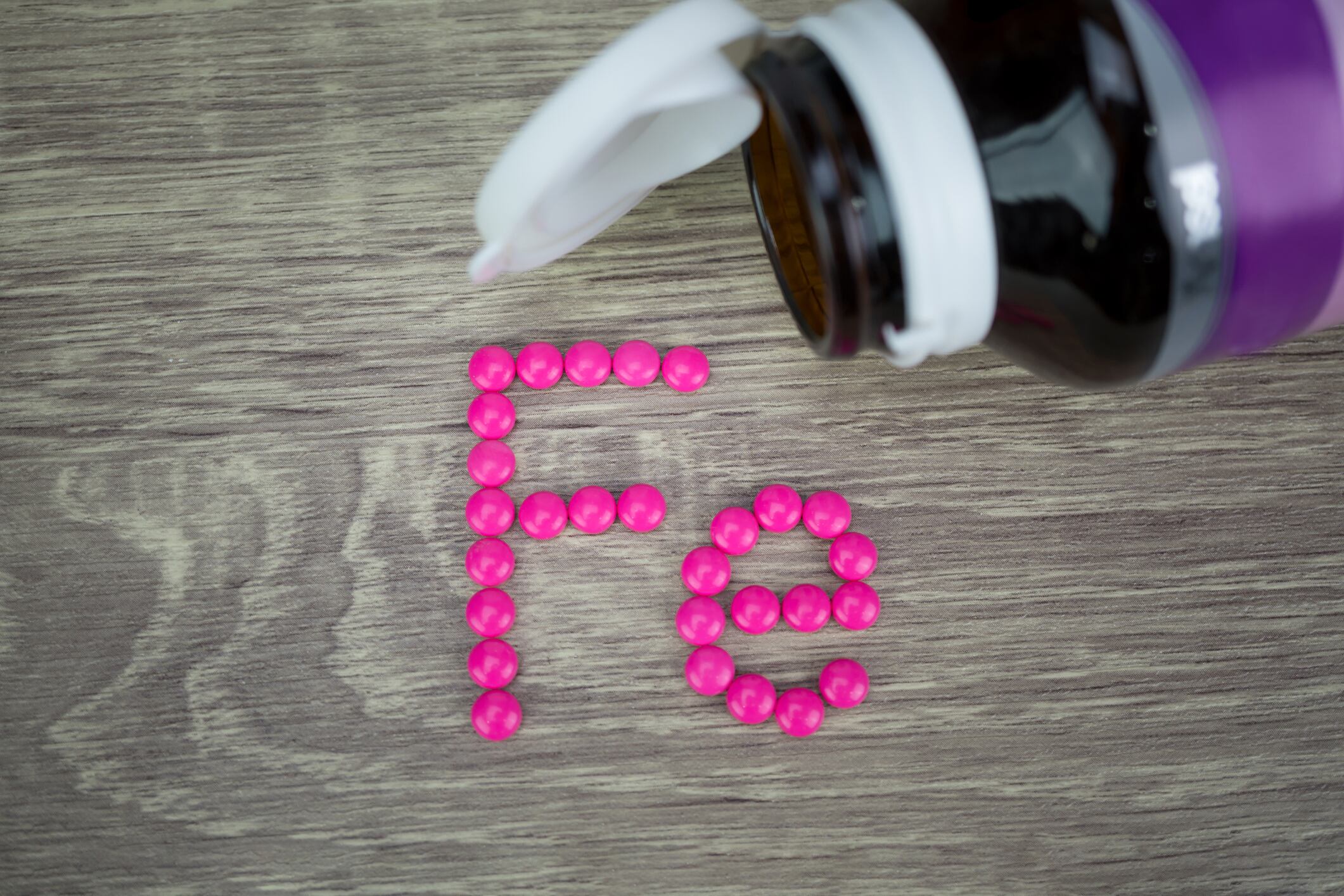The new research actually found that the samples analysed could actually include more health claims than already declared in their labelling. They suggest manufacturers could have selected claims that they believe best address the particular situation and physiological conditions of pregnant women.
According to the EuroPrevall Birth Cohort, a multi-center study carried out in nine European countries, the most commonly used food supplements by European pregnant women are those with folic acid, and Spain is the country with the highest consumption of food supplements (97.8% of Spanish pregnant women).
The European Directive 2002/46/EC (last amendment in 2017) establishes a list of vitamins, minerals, and their sources allowed for use in food supplements. Brown and Wright (2019) previously carried out an extensive literature review focused on the key functions of folic acid during pregnancy as well as on the efficacy and safety of food supplements for pregnant women and concluded that high dosages (>1000 µg/day) of folic acid could provoke undesirable modifications in fetus neurodevelopment or the appearance of side effects.
Spain counts on a Coordinated System of Fast Interchange of Information (SCIRI), a national network that ensures a constant vigilance of any risk related to food products that could affect consumer health. Within five years (1 January 2014–31 December 2018), the SCIRI has received several notifications regarding food supplements, and most of them were due to an incorrect labeling, including claims. In this five-year period, the notifications related to food supplements more than the doubled, increasing from 5.2% to 12.8%.
It's for these reasons that the authors of the current study conducted research to analyse and verify the level of compliance of the health claims related to folic acid in food supplements commercialised in the Spanish market.
Methods
The authors first performed a scientific literature review focused on the health-related claims approved for folic acid by the European regulation followed by market research of food supplements commercialised in the Spanish market with those health-related claims. Third, a selection of food supplements for pregnant women were subjected to laboratory chemical analysis.
The search of the market found 81 food supplements with health-related claims attributed to folic acid. The great majority (86.4%) were marketed through online supermarkets’ platforms and other e-commerce companies.
All food supplements sold in physical supermarkets were adequately labelled in terms of health-related claims, whereas 14.3% of the food supplements marketed through online supermarkets’ platforms and e-commerce companies showed at least one health claim not included in the positive list established by the European Regulation.
Some examples of the unapproved health claims shown in the labeling, presentation, and/or advertisement of those food supplements were the following: “folic acid contributes to normal cognitive function”, “folic acid helps the protection of cells from oxidative stress”, “folates contribute to the maintenance of normal regulation of the organism”, and “folates contribute to the normal functioning of the nervous system”.
This percentage (14.3%) is in line with the last value published by the SCIRI (12.8%) that reflects the alerts regarding food supplements in Spain mainly caused by an incorrect labelling as previously mentioned.
Among the 71 food supplements correctly labelled (in terms of health-related claims), samples were selected for chemical analysis in the lab. The selection criteria were: food supplements directed to pregnant women, with a clear and unequivocal indication about this specific target population, the inclusion of the “Reduction of disease risk” claim approved for folic acid, and the inclusion of other health claims ( approved by the European regulation and included in the positive list) related to vitamins and/or minerals that contribute to the maintenance of an adequate health status of pregnant women.
The criteria led to the selection of four supplements. These four food supplements were commercialised through online platforms and were dosed in sachets to be suspended in water.One declared a folic acid content of 500 µg, two declared 400 µg per sachet, and one declared 200 µg (but with a service of two sachets, making each serving 400 µg).
The analytical mean values of all samples were slightly higher than the declared value in the labelling. The analysed food supplements met the legal requirements and could legitimately include the nine health-related claims of folic acid (detailed below).The authors say further studies with a higher number of samples commercialised in other markets within the European Union are needed to allow a better picture of the state of the art of this issue.
Folic acid health claims
The eight health claims for folic acid approved by the European regulation relate to: maternal tissue growth during pregnancy, amino acid synthesis, blood formation, homocysteine, psychological function, function of immune system, reduction of tiredness and fatigue and a role in the process of cell division.The one reduction of disease risk claim allowed is "a low maternal folate status is a risk factor in the development of neural tube defects in the developing fetus metabolism".
Source: Nutrients
Domínguez L, Fernández-Ruiz V, Morales P, Sánchez-Mata M-C, Cámara M
"Assessment of Health Claims Related to Folic Acid in Food Supplements for Pregnant Women According to the European Regulation"
https://doi.org/10.3390/nu13030937





